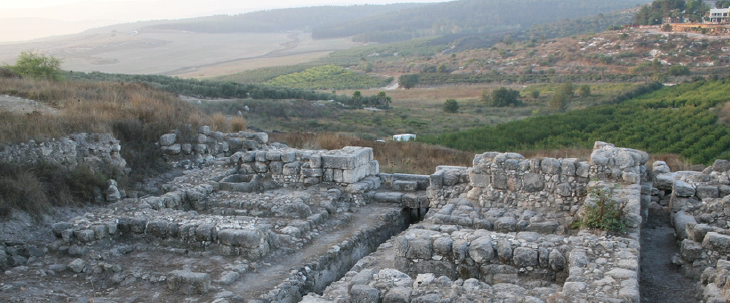Past Events
Interested in Cotsen events? Sign up for our mailing list.SPEAKER: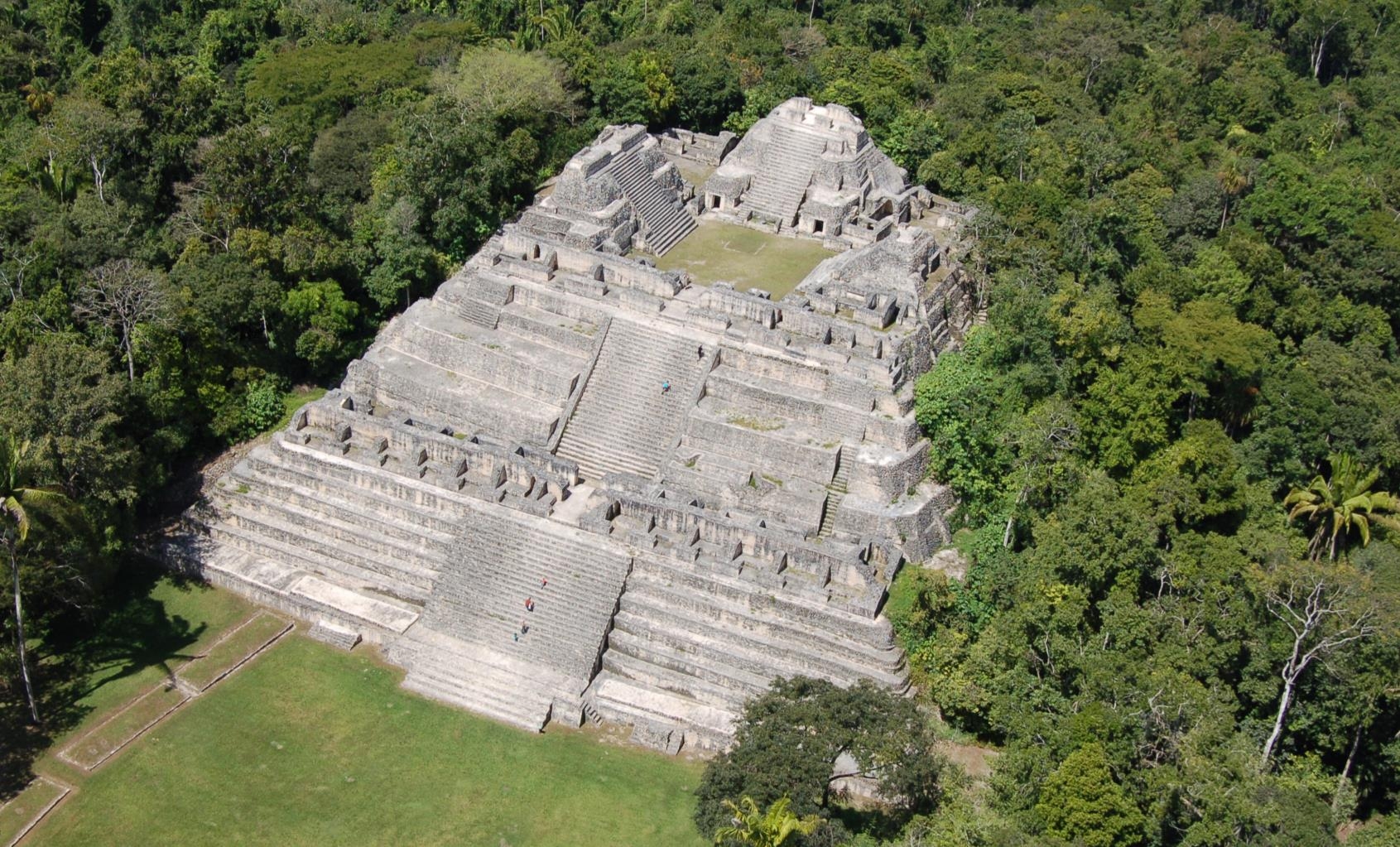
Dr. Arlen F. Chase
Visiting Professor
Dept. of Anthropology
Pomona College
ABSTRACT:
Perceptions about the ancient Maya have changed significantly in the last decade with the advent of new technologies and as a result of continuous dedicated research that seeks to define their social and political organization. With its ability to penetrate dense tropical canopies, LiDAR has revolutionized the field of Mesoamerican settlement archaeology. Because dense vegetation covers most ancient remains in the Maya area, archaeological documentation of the spatial extent of sites using traditional means was both difficult and usually incomplete. LiDAR was initially applied to the site of Caracol, Belize in April 2009 and yielded a 200 sqkm Digital Elevation Model that, for the first time, provided a complete view of how the archaeological remains from a single Maya site –its monumental architecture, roads, residential settlement, and agricultural terraces –were distributed over the landscape. In May 2013, an additional 1057 sqkm of LiDAR data were recorded in west-central Belize. For the site of Caracol, these LiDAR data may be combined with 35 years of continuous archaeological research and excavation to formulate temporal parameters and guide social and political interpretations. The conjoined information derived from LiDAR and archaeological research is significantly changing our perceptions of ancient Maya civilization by demonstrating the anthropogenic changes made to landscapes, the scale of Maya urban settlements, and the socially complex situations that existed within and between Maya polities.
Contact
Email sutakahashi@ioa.ucla.edu
Phone 310-825-4169
The inaugural event in the Cotsen Speaker Series, this is a two-day program consisting of a talk and panel discussion, that will allow scholars from both UCLA and the wider world to showcase a range of intellectual, theoretical, and research perspectives.
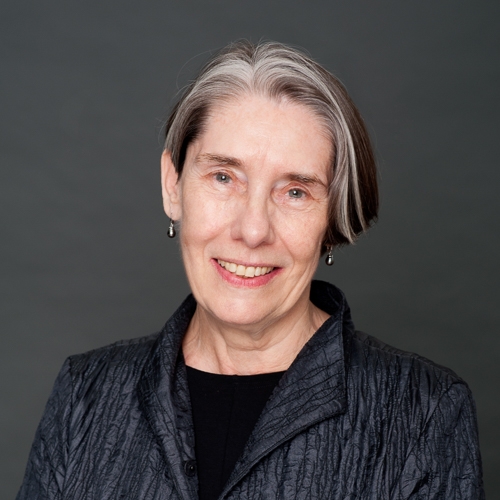
December 5th, 4pm -6pm
Witnessing and Translating: The Indigenous/Science Project
Speaker:
Alison Wylie
Professor, University of British Columbia
Abstract:
The Canadian Truth and Reconciliation Commission (2015) calls on non-Indigenous Canadians to build equitable, respectful and transparent partnerships with Indigenous Peoples as the primary means for advancing reconciliation. In this spirit, a UBC-based research cluster is building partnerships designed to embody a “practice of reconciliation,” focused on projects that bring the tools of archaeological science to bear on Indigenous-led research questions in ways that serve the interests of Indigenous communities. The projects taking shape under the rubric of Indigenous/Science raise pointed questions about how researchers committed to collaborative practice can best to navigate differences in ethical/epistemic commitments and the asymmetries of power and hierarchies of expertise that underpin them: what is required of us when called upon to bear witness to the real-world conflicts and consequences of scientific inquiry?
December 6th, 4pm - 6pm
(Reception to Follow)
Panel on Equity in Archaeology and the Social Sciences
Alison Wylie along with Stephen Acabado, Kara Cooney, and Marianna Nikolaidou will engage in a panel on equity in archaeology and the social sciences. This will be a forum for discussion of questions about who has a say in archaeological discourse, and systemic problems of discrimination that still plague the study of the ancient world.
Bio:
Website: http://alisonwylie.net/
Email: alison.wylie@ubc.ca
Alison Wylie, is Professor and Canada Research Chair in Philosophy of the Social and Historical Sciences at the University of British Columbia. Her work is case-based, chiefly concerned with archaeological practice and feminist research in the social sciences. She addresses such questions as: what counts as evidence?; how should we understand ideals of objectivity given the role of values and interests in inquiry?; and how do we make research accountable to the diverse communities it affects? Recent publications include Material Evidence (2015) and Evidential Reasoning in Archaeology (2016), co-edited and co-authored with archaeologist Bob Chapman; articles on “What Knowers Know Well” (Scientiae Studia, 2017), “How Archaeological Evidence Bites Back” (STHV 2017), and her 2012 APA Presidential Address on feminist standpoint theory; and contributions to the Springer Handbook of Model-based Science (2017), Objectivity in Science (2015), How Well do 'Facts' Travel? (2010), Agnotology (2008), The Ethics of Cultural Appropriation (2009) and Embedding Ethics (2005).
Contact Sumiji Takahashi
Email sutakahashi@ioa.ucla.edu
Phone 310-825-4169
Speaker:
Dr. Michael W. Love
Professor
Department of Anthropology
CSU Northridge
Abstract:
The Preclassic Period on the Pacific coast of Guatemala and Chiapas was a dynamic time, beginning with the establishment of the first sedentary villages and ending with the large city-states of the Late Preclassic. Although royal tombs and stelae with portraits of rulers capture the headlines, household archaeology offers the best route to understand changes in social relationships and the basis of political power. Excavations at La Blanca, as one of the largest settlements of Middle Preclassic Mesoamerica, have recovered one of the largest samples of Preclassic domestic remains. These data document social differentiation, along with the economic and ritual activities of a cross-section of households dating from 1000-700 BCE.
Contact Sumiji Takahashi
Email sutakahashi@ioa.ucla.edu
Phone 310-825-4169
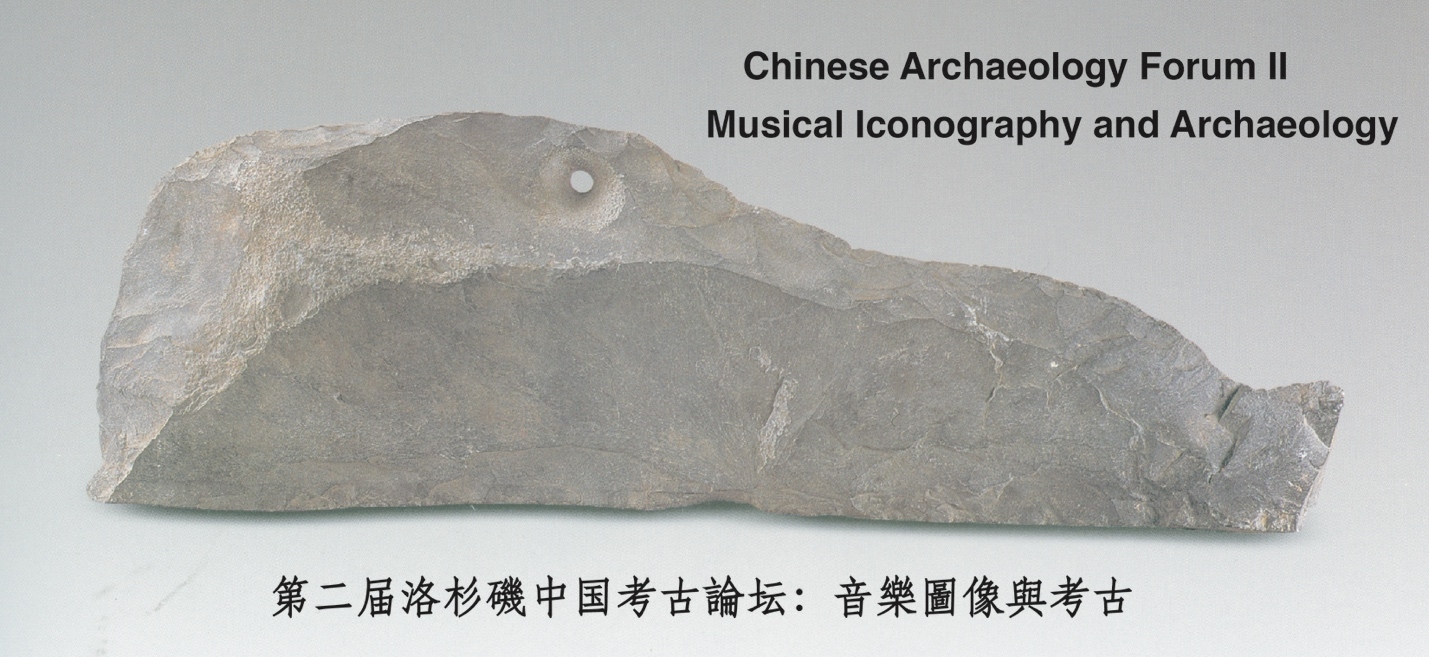
Presenters 報告者:
1:00-1:30 Kirie Stromberg 益田雾繪 (UCLA 加州大學洛杉磯分校): Beyond Form:
Preliminary Thoughts on Music and Visual Abstraction in Early China 早期中國的音樂與視覺
抽象化表达
1:40-2:20 Gao Jiangtao 高江涛 (CASS 中國社會科學院考古研究所):Comprehensive Analysis
of Musical relics Unearthed from Taosi Site 鼍鼓逢逢:陶寺遗址出土乐器综析
2:30-3:00 Zhang Wenjie 張聞捷 (Xiamen University 厦门大學) New Thinking on the Chime
Bells of Wangsun Gao 對王孫誥編鐘的一些新思考
3:10-3:40 Li Guangming 李光明 (UCLA 加州大學洛杉磯分校) The Tonal Structure of the
Yajiang Chimes: On the Missing Shang Note in Western Zhou Music and Guanzi Tonal Theory
从亚弜编铙音列结构看周乐戒商及管子生律法之由来
3:50-4:20 Zhu Guowei 朱國偉 (China University of Mining and Technology 中國礦業大學)
A review on experimental music archaeology and its prospect in China 實驗音樂考古研究綜述
及其在中國的研究展望
4:30-5:00 Lee Mei-Yen 李美燕 (National Pingtung University 國立屏東大學) Western
Cultural Origin of Musical Instruments Found on the Musical Icons in Yungang Grottoes 雲岡石
窟音樂圖像中的西方源流
Discussants 點評者:
Lothar Von Falkenhausen 罗泰 (UCLA 加州大學洛杉磯分校藝術史系)
Helen Rees 李海倫 (UCLA 加州大學洛杉磯分校民族音樂學系)
Sponsored by 资助机构:
Henry Luce Foundation 路思基金會
UCLA Cotsen Institute of Archaeology 加州大學洛杉磯分校蔻岑考古研究所
UCLA Center for Chinese Studies加州大學洛杉磯分校中國研究中心
UCLA East Asian Library 加州大學洛杉磯分校東亞圖書館
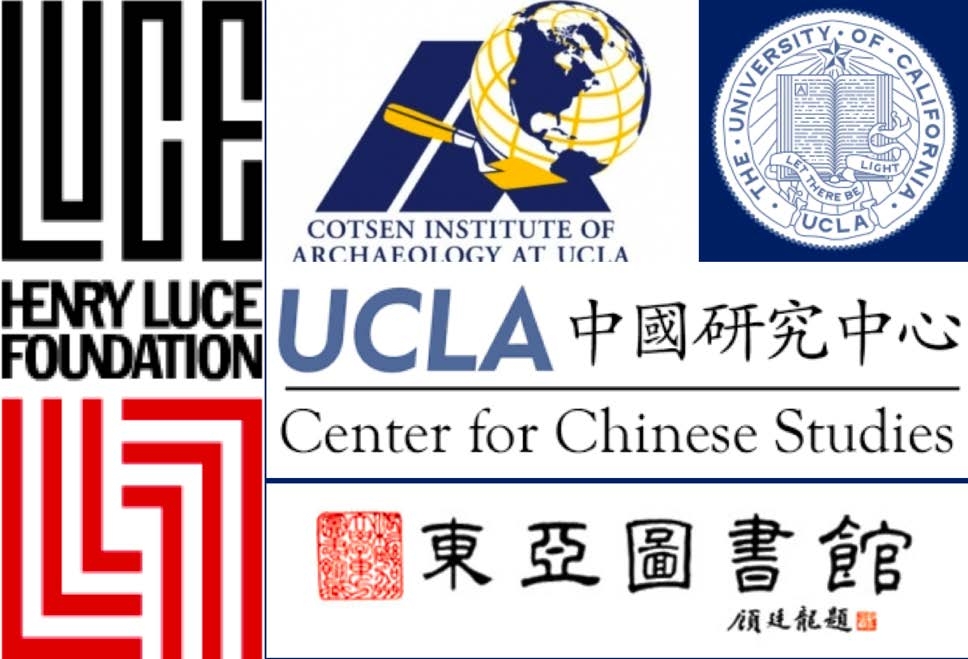
Contact Sumiji Takahashi
Email sutakahashi@ioa.ucla.edu
Phone 310-825-4169
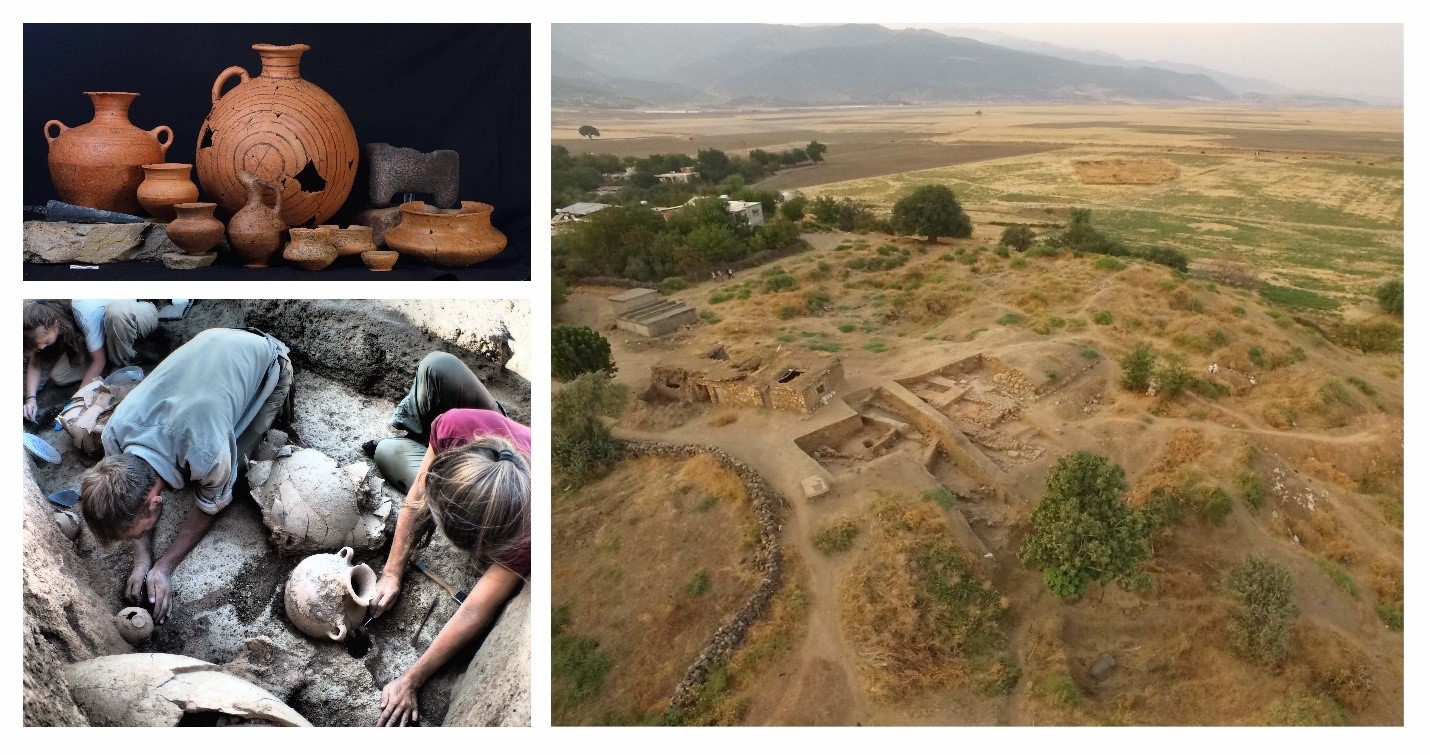
Speaker:
Kathryn R. Morgan, Ph.D.
Oriental Institute Postdoctoral Scholar
Assistant Director of the Chicago-Tübingen Expedition to Zincirli
University of Chicago
Abstract:
Recent excavations at the edge of the upper mound of Zincirli Höyük in Gaziantep province, southeastern Turkey, have discovered important remains of the Middle Bronze II period, destroyed in a conflagration. Zincirli is best known from its Iron Age heyday, nearly a millennium later, when it was one of several ethnolinguistically diverse, iconographically rich Syro-Hittite cities located in what is still today a border region between Syria and Turkey. Work at the site since 2015 has revealed that this multicultural character has even deeper roots: along with evidence for food, and possibly wine, production and storage, textile production, and local administration, the well-preserved assemblage includes vessel and cylinder seal types that attest to long-distance trade and cultural connections. It appears that Zincirli was part of an exchange network linking the Euphrates, North Syria, and Central Anatolia in the 17th c. BC—at least until relationships soured: according to the Annals of Hattušili I, the first military targets of the rising Hittite kingdom were in this very region. In this talk, I present recent discoveries at the site with a view toward illuminating this little-known network, which the Hittites apparently hoped to disrupt or co-opt.
Contact Sumiji Takahashi
Email sutakahashi@ioa.ucla.edu
Phone 310-825-4169
Archaeology of Ancient Israel Lecture Series
Speaker:
Avraham Faust (Bar-Ilan University)
Moderated by:
Dr. Aaron Burke (NELC)
Sponsored by:
Kershaw Chair for Ancient Eastern Mediterranean Studies
Co-Sponsored by:
Department of Near Eastern Languages and Cultures
Cotsen Institute of Archaeology
Alan D. Leve Center for Jewish Studies
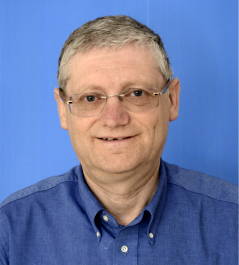
The United Monarchy – the famed kingdom of David and Solomon – is at the center of a heated debate. While until 25 years ago there was a consensus that David and Solomon were historical figures who ruled over fairly large territories, it is now questioned by many who believe either that these kings were either petty chiefs controlling a limited territory around Jerusalem or that they did not even exist. Given these doubts, the archaeological evidence has come to the center of discussion stage. A broad examination of the nature of the Iron I-II transition, however, reveals major changes in practically every aspect of life, from settlement patterns to various aspects of material culture, including pottery form and decoration, and architectural developments. While each change could, in theory, be a result of a number of causes, a broad analysis of all the processes and transformations, and especially their sequencing in time and space, greatly narrows down the possible options. It is therefore the aim of the present lecture to briefly present the sweeping changes that accompanied the Iron I-II transition, to reconstruct (temporally and spatially) the processes of growing social complexity that they reflect, and subsequently to examine the implications of this analysis on the debate over the historicity of the so-called United
Contact Department of Near Eastern Languages and Cultures
Email nreast@humnet.ucla.edu
Phone
Speaker:
Dr. Carla Hernández Garavito
Chancellor’s Postdoctoral Fellow
Department of Anthropology, UC Riverside
Abstract:
The Inka expansion on the Central Andes brought into the Empire several polities with different histories, traditions, and identities. The increasing pressure to manage diversity and territorial expansion led the 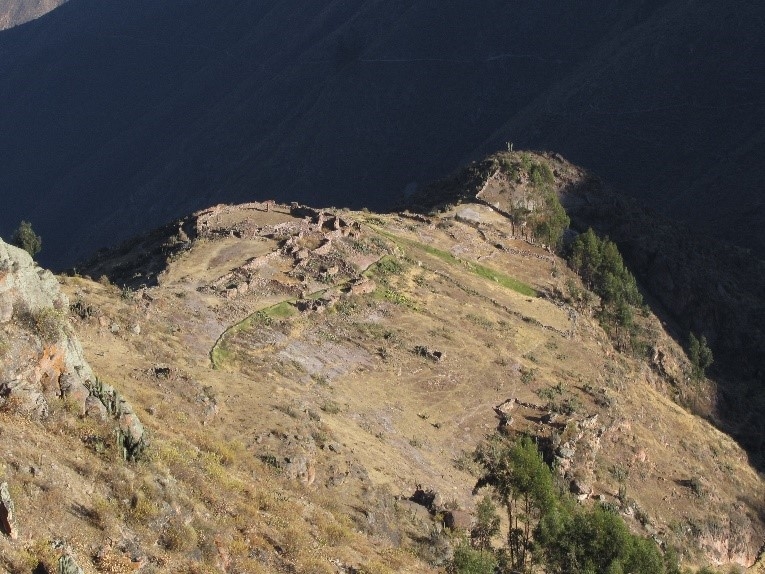 Inka to build upon familiarity with their subjects whenever possible. In this presentation, I explore once such familiar space: ritual spaces. Inka plazas are well known to archaeological research as places for feasting, displays of Inka power, and affirmation of social solidarities. However, in many cases, Inka plazas were attached to other sacred built and natural places that rather than affirmed imperial control, embodied the identities of the subjects. I will discuss the history of such a sacred place or w’aka in Huarochirí before and after the Inka. I contend that the plazas fully adapted to the embodiment of community identity already at play in the w’aka. Consequently, the closeness between this w’aka and Inka plazas reinforced the notion of local communities appropriating and retelling their history of subjugation by the Inka as one of alliance and broadening of community ties. Finally, I look at how the experience of this local community with Inka imperialism informed how they engaged with Spanish colonialism and evangelization. Overall, my work aims to recognize the importance of experience and reinvention among Andean communities in the face of political imposition
Inka to build upon familiarity with their subjects whenever possible. In this presentation, I explore once such familiar space: ritual spaces. Inka plazas are well known to archaeological research as places for feasting, displays of Inka power, and affirmation of social solidarities. However, in many cases, Inka plazas were attached to other sacred built and natural places that rather than affirmed imperial control, embodied the identities of the subjects. I will discuss the history of such a sacred place or w’aka in Huarochirí before and after the Inka. I contend that the plazas fully adapted to the embodiment of community identity already at play in the w’aka. Consequently, the closeness between this w’aka and Inka plazas reinforced the notion of local communities appropriating and retelling their history of subjugation by the Inka as one of alliance and broadening of community ties. Finally, I look at how the experience of this local community with Inka imperialism informed how they engaged with Spanish colonialism and evangelization. Overall, my work aims to recognize the importance of experience and reinvention among Andean communities in the face of political imposition
Contact Sumiji Takahashi
Email sutakahashi@ioa.ucla.edu
Phone 310-825-4169
Speaker:
Marina Gallinaro
Cotsen visiting scholar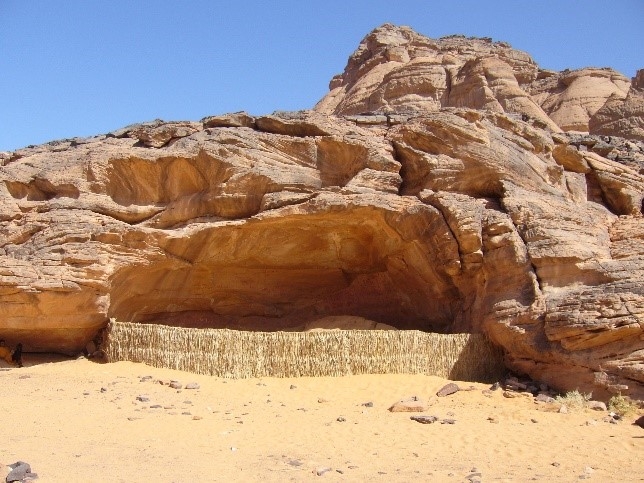
Abstract:
Rock art is one of the most fascinating cultural manifestations of humankind. The integration of rock art studies within the archaeological and anthropological domain faces crucial challenges. The complexity of documentation and publication and lack of reliable dating have hampered its immense potential as an archaeological source. This is particularly true for the Sahara, where outstanding paintings and engravings are now inaccessible for security reasons and at risk of destruction due to social and political turmoil.
This talk will present aims, first results, and future perspectives of the project entitled Ancient Saharan Art – Decoding Art through Theoretically-sounded Archive (ASArt-DATA). This project focuses on Saharan rock art, proposing a new theoretical and methodological approach aimed at an integrated reading of the artworks, combining Archaeology, Anthropology, Visual Studies, and Digital Humanities. This work aspires to strengthen the connection between archaeological and anthropological studies, and between academy and society, thanks to the deployment of the underdeveloped potential of Rock Art.
The ASArt-DATA Project - funded by the European Union’s Horizon 2020 research and innovation programme under the Marie Skłodowska-Curie grant agreement No 795744 - is carried out by the Sapienza University of Rome and the Cotsen Institute of Archaeology.
Bio:
Marina Gallinaro is a Marie Skłodowska-Curie Researcher at the Department of Ancient World Studies, Sapienza University of Rome, Italy and Visiting Researcher at The Cotsen Institute of Archaeology.
She received her PhD in African Studies at the University of Naples, L’Orientale, with a project on the settlement patterns in mid-Holocene sites in the Egyptian Western Desert. Since then she has carried out projects in the Sahara region, both in Egypt and Libya and in East Africa, Central Sudan, southern Ethiopia and northern Kenya.
Her research focuses on the interplay between human and environment in arid zones, and to the strategies that humans adopted to cope with the climatic changes. In particular, her interest addresses: the emergence of pastoralism in Africa, through the analysis of the archaeological landscape and the connections between geomorphological features and different sets of archaeological data; ii. African rock art study characterized by a landscape and contextual approach; and iii. Cultural Heritage Management and sustainable development projects, with a specific focus on cultural landscapes and rock art sites in Sahara and East Africa.
Contact Sumiji Takahashi
Email sutakahashi@ioa.ucla.edu
Phone 310-825-4169
Speaker:
Elena Sesma
UC Berkeley, Postdoctoral Fellow
Bio:
Elena Sesma received her Ph.D. in Anthropology from the University of Massachusetts Amherst in 2019 and is currently a President’s Postdoctoral Fellow at UC Berkeley. Elena specializes in historical archaeology, community based methods and engaged anthropology, Black Feminist Theory, and memory studies. Her most recent research focused on an early 19th century cotton plantation site in Eleuthera, Bahamas and the descendant community who has lived on the property for the past 150 years, drawing connections between land, memory, and political action. Her current research examines the shared histories of late 18th-century Loyalist migration and slavery in the Bahamas and Atlantic Canada. She has been involved in archaeological projects in Massachusetts, Maryland, Nevis, the Bahamas, and northern Israel.
Abstract:
This talk addresses a community-based archaeology project focused on the history of a 19th century Bahamian cotton plantation and the present-day communities who live on and around the former plantation acreage. The Millars Plantation on Eleuthera, Bahamas was established in 1803 as a cotton plantation and remained in operation through the 1830s. The last plantation owner left the 2000-acre property to the descendants of her former slaves and servants at the time of her death in 1871. Many local residents today trace their lineage to the families named in the Millar will, and continue to uphold their rights to the land in the face of a series of legal challenges by Bahamian and foreign investors who would seek to develop new tourism-based economies in the area. In the process of documenting the historical landscape of the Millars plantation estate through oral histories and landscape survey, the research revealed ways that residents today have materialized memory – piecing together object, story, and space – on a living landscape that has more often been framed as empty or relegated to the past. This research demonstrates how these contemporary Bahamian communities mobilize historical objects and memory as tools for community-building and activism, illustrating the transformative power of a contemporary archaeology of historic spaces.
Contact Sumiji Takahashi
Email sutakahashi@ioa.ucla.edu
Phone 310-825-4169
Speaker:
Megan Perry
East Carolina University
Associate Professor of Biological Anthropology
Abstract:
The mysterious Nabataeans, builders of the magnificent city of Petra, have long fascinated scholars and the public. Scant archaeological research and minimal textual sources have not clarified the shift from a primarily nomadic encampment in the late 4th century BC into a major capital city by the 1st century BC. Our understanding of Petra’s urban life recently has been transformed with the excavation of tombs within the ancient city. The human skeletal remains from these tombs have illuminated the origins of the city’s residents, their disease profiles, and what foods they relied on in this desert environment. This lecture demonstrates how Petra’s dead can inform what life was like in this ancient city.
Contact Aaron A. Burke (aaburke@ucla.edu) for more information.
Contact Sumiji Takahashi
Email sutakahashi@ioa.ucla.edu
Phone 310-825-4169
- ‹ previous
- 25 of 50
- next ›



